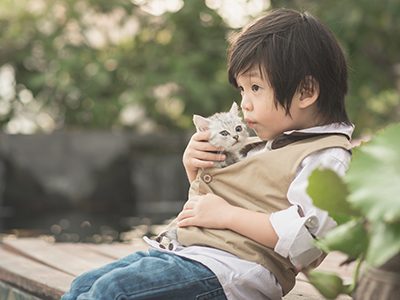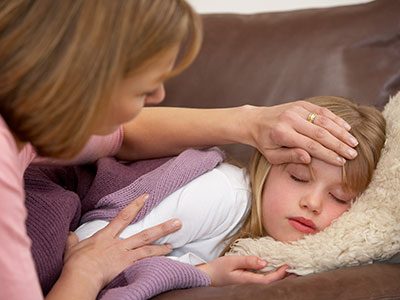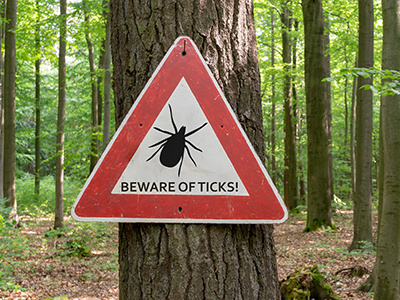There are many reasons to have a cat: decreased blood pressure, increased socialization and increased exercise opportunities. Cats are great with kids, and can be a fun companion to have around the house. However, there are certain things to be aware of when owning a cat. For example, something as simple as a scratch can cause cat scratch disease.
It’s exactly as the name implies – cat scratch disease, also known as cat scratch fever, is a bacterial infection that is transferred through the saliva of your cat after it licks or scratches your child. Kittens are most likely to be affected, yet any cat can carry the infection.
“The most common animal infection we see is Bartonella henselae, or cat scratch disease,” said Children’s National Health System’s infectious disease specialist David Hyun, MD. “Kids usually have fevers that pediatricians can’t figure out where they’re coming from. We see that [at Children’s National] more than anticipated.”
According to the Center for Disease Control (CDC), 40 percent of cats carry the bacterial disease at some point in their lives and most don’t present any signs of illness.
If bitten or scratched, immediately wash the wounded area with soap and water. A mild infection may develop at the injury site, often times leading to a fever, swollen lymph nodes or fatigue. Contact your physician if an infection develops.
“It’s a self-limited disease – eventually the body can get rid of it without treatment,” said Hyun.
It is recommended to get a pet that is at least 6 months old. The younger the pet, the more likely they are to carry diseases. It is also strongly recommend that immune compromised patients do not directly handle fecal matter, especially if the animal appears to be sick with diarrhea.
Kids of all ages should clean their hands after touching or handling any animal. Hands should also be washed before the child eats to stop the transfer of diseases.
 https://riseandshine.childrensnational.org/wp-content/uploads/2024/11/boost-immune-system-feature.jpg
300
400
Danielle Robbins
https://riseandshine.childrensnational.org/wp-content/uploads/2017/11/childrens_riseandshine_logo.jpg
Danielle Robbins2024-11-19 15:04:122024-11-21 12:06:317 ways to boost your child’s immune system
https://riseandshine.childrensnational.org/wp-content/uploads/2024/11/boost-immune-system-feature.jpg
300
400
Danielle Robbins
https://riseandshine.childrensnational.org/wp-content/uploads/2017/11/childrens_riseandshine_logo.jpg
Danielle Robbins2024-11-19 15:04:122024-11-21 12:06:317 ways to boost your child’s immune system











Leave a Comment
Want to join the discussion?Feel free to contribute!